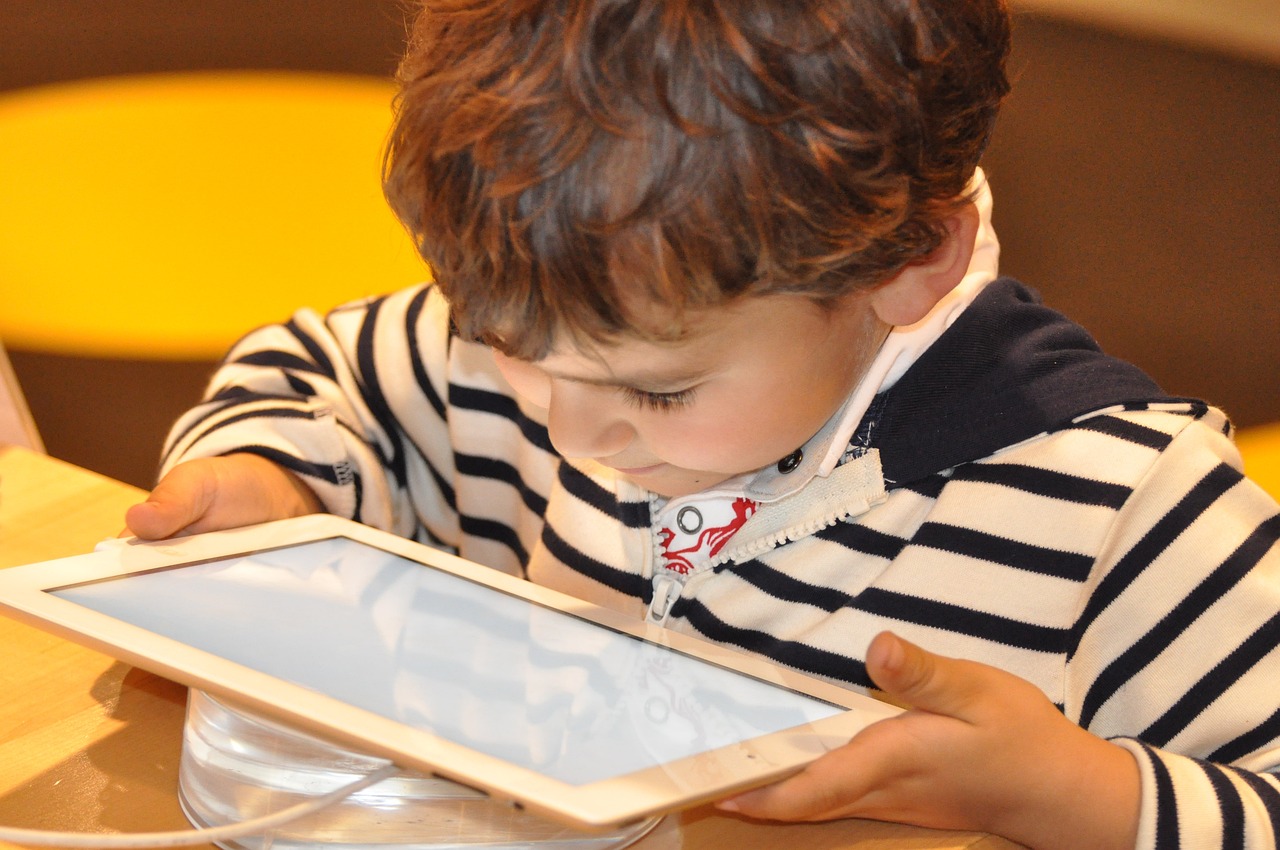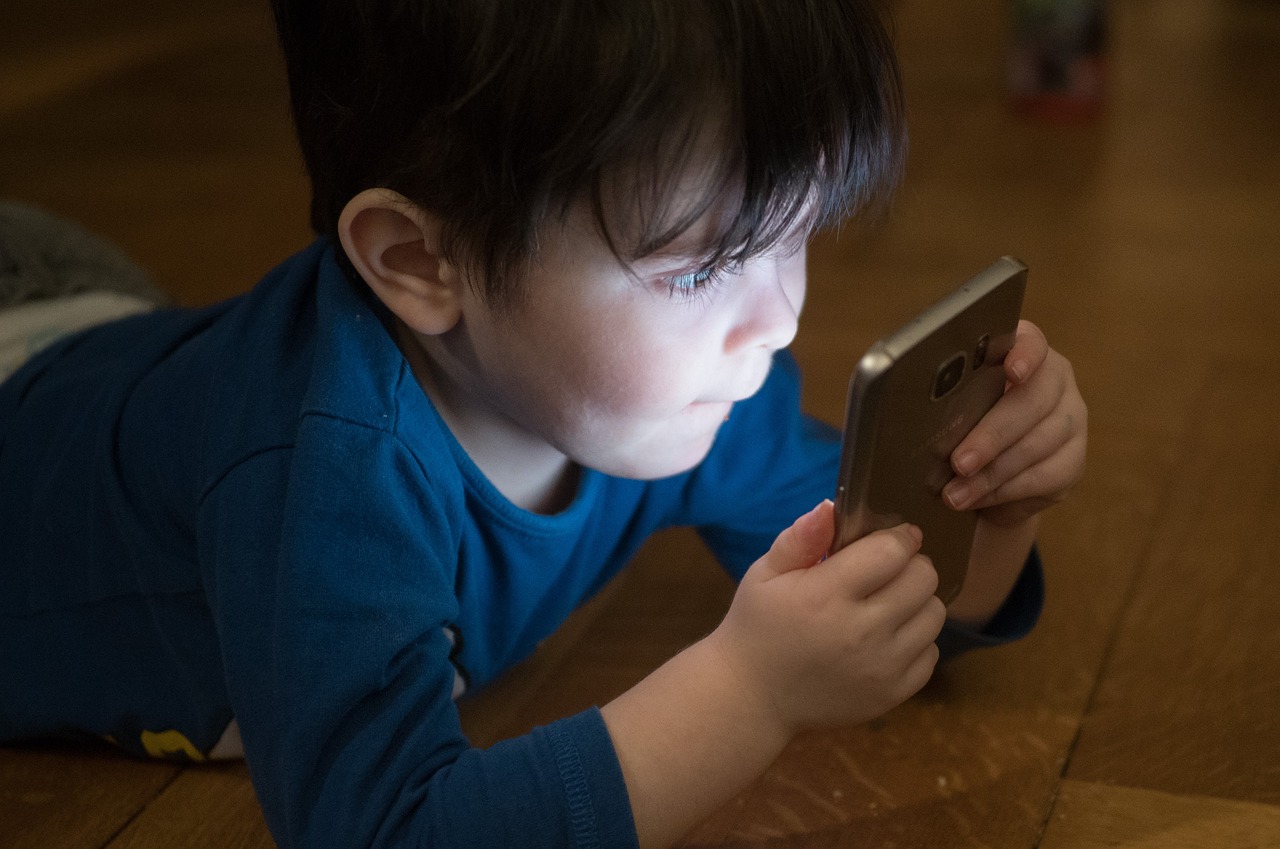Android, developed by Google, is one of the most popular operating systems for mobile devices globally. The ubiquity of Android-powered gadgets has led to increased screen time among users. Screen time refers to the amount of time spent using a device with a screen such as a smartphone, computer, television or gaming console. On Android devices specifically, it encompasses any activity performed – be it browsing social media apps like Instagram or Facebook, watching YouTube videos, playing games or even checking emails.
Google understands how vital it is for users to manage their screen time effectively. Therefore, they introduced an integrated tool called "Digital Wellbeing" in newer versions of Android. This feature provides detailed statistics about the usage of different apps and allows you to set limits to reduce excessive screen time.
Excessive screen time can lead to several negative effects including eye strain and sleep disturbances due to exposure from blue light emitted by screens. It can also contribute towards sedentary behavior which is linked with numerous health problems like obesity and heart disease. Moreover, increased dependency on digital devices can result in addiction-like symptoms causing damage to personal relationships and mental health.
Despite these potential downsides though (selected word: downsides), it's important not to demonize all screen time as inherently bad - because it isn't! Many activities conducted via our screens are both beneficial and necessary; for instance online learning platforms have become an integral part of education during COVID-19 pandemic.
The key then lies not in completely eliminating but rather managing our interaction with screens more effectively - understanding when we are using technology productively versus mindlessly scrolling through social media feeds.
Android's Digital Wellbeing tool helps greatly in this endeavor (selected word: endeavor). By showing us exactly where our screen time is going, it gives the power back to users to control their digital habits and make more informed decisions.
In conclusion, while Android devices have become a crucial part of our daily lives, managing screen time on these devices is equally important. Through tools like Digital Wellbeing offered by Android, we can better understand and manage our use of technology in a way that promotes healthier lifestyles and overall wellbeing.

